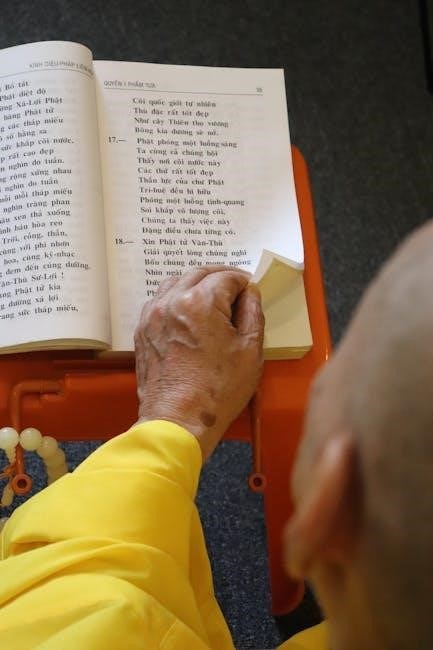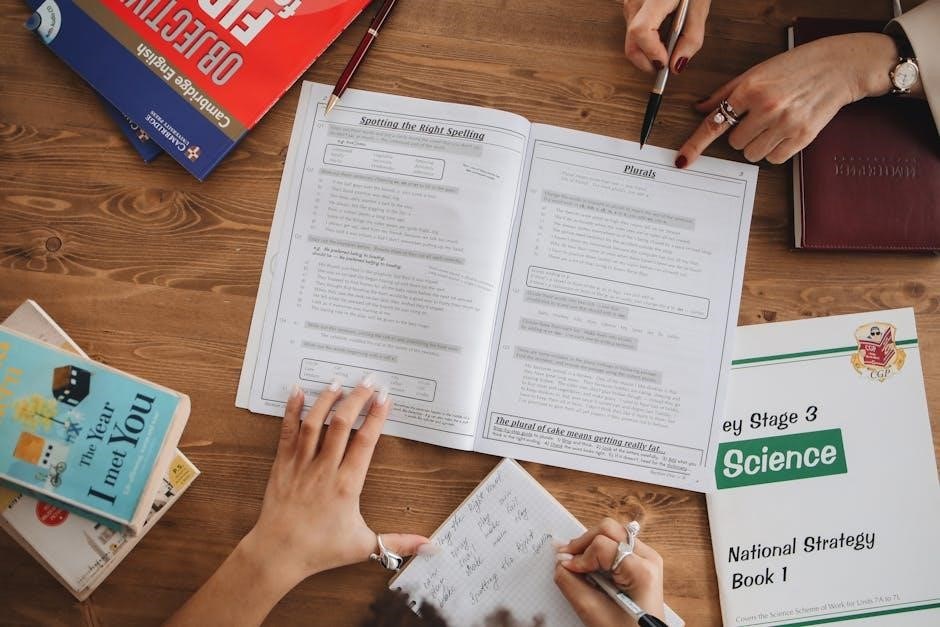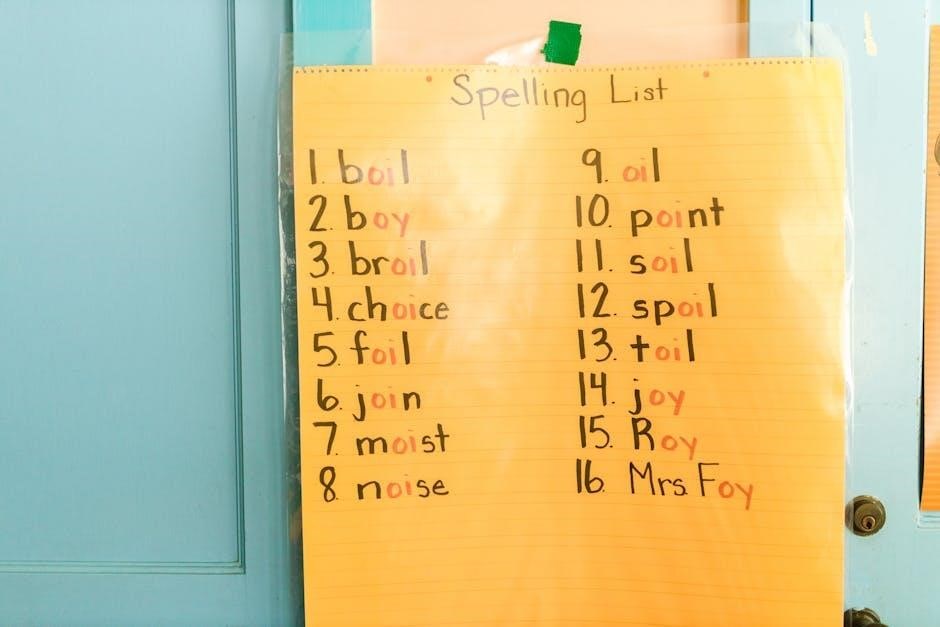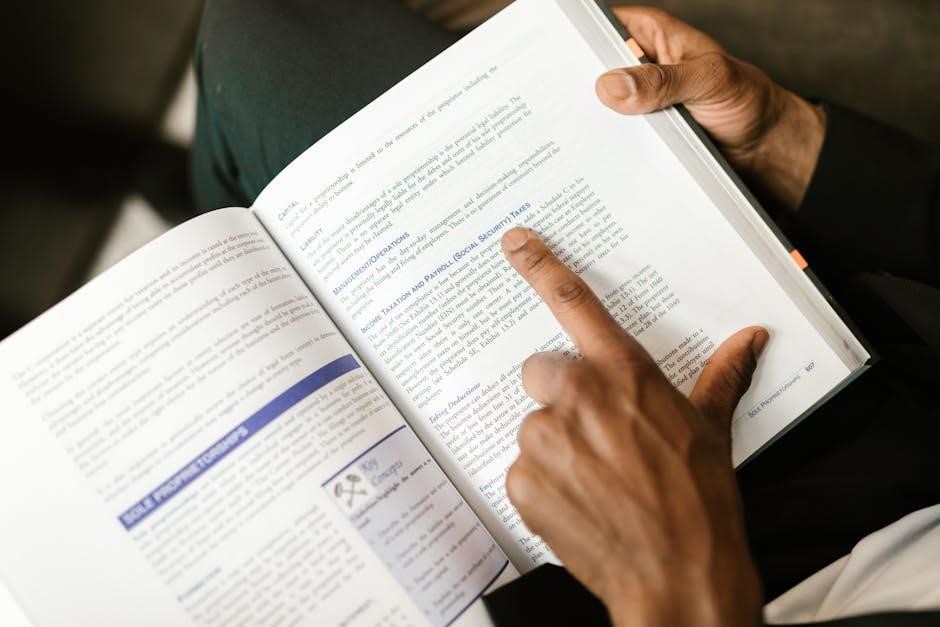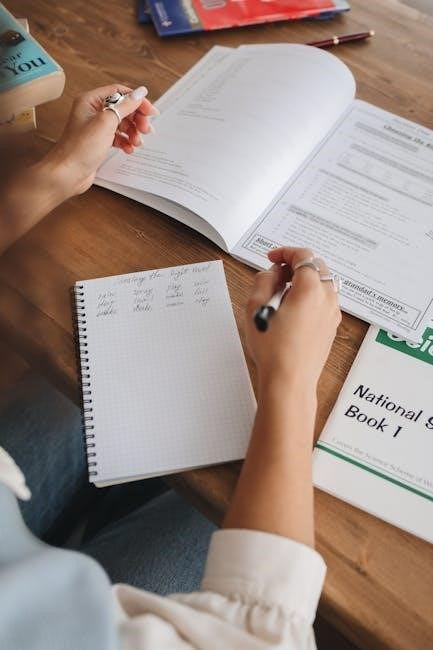breath of fire 2 guide
Breath of Fire 2 Guide: A Comprehensive Overview

This guide offers a detailed walkthrough, covering character recruitment, gameplay, boss strategies, and hidden secrets for Breath of Fire 2 enthusiasts.

Breath of Fire 2, released in 1994, stands as a cornerstone of the Super Nintendo Entertainment System’s RPG library. This captivating adventure blends a compelling narrative with innovative gameplay mechanics, establishing a devoted fanbase that persists today. Players embark on a journey with Ryu, a young dragon-kin, tasked with avenging his fallen village and confronting the malevolent forces threatening the world.
This guide aims to provide both newcomers and veterans with a comprehensive resource to navigate the intricacies of the game. From mastering the unique battle system to uncovering all hidden secrets, we’ll delve into every aspect of this classic RPG. Prepare to explore a vibrant world, recruit a diverse cast of characters, and unravel a story filled with tragedy and hope.
Story and Setting
Breath of Fire 2’s narrative unfolds in a world recovering from a devastating dragon war, centuries prior to the game’s events. The story begins with a tragic prologue, setting a somber tone and establishing Ryu’s motivation for revenge. The game’s setting is a diverse continent, featuring lush forests, arid deserts, and imposing kingdoms, each brimming with unique characters and challenges;

Players traverse this expansive world, uncovering the sinister plot of the resurrected dragon, Nimufus, and his quest for dominion. The tale explores themes of loss, redemption, and the enduring power of friendship. Expect a journey filled with emotional depth, unexpected twists, and a captivating exploration of a world steeped in ancient lore and magical energy.
Character Recruitment: A Detailed Guide
Breath of Fire 2 boasts a diverse cast of playable characters, each possessing unique skills and abilities crucial for success. Recruiting these allies is integral to progressing through the game. The core party begins with Ryu, but expanding your team unlocks strategic depth and overcomes various obstacles.
Finding and convincing characters to join requires specific actions and often involves completing quests or meeting certain conditions. Bow, for instance, requires speaking to Kilgore first before he’ll consider joining your party. Perrin’s recruitment also hinges on specific interactions. Careful exploration and diligent quest completion are key to assembling a formidable team.
Recruiting Ryu

Ryu, the protagonist, is automatically part of your party from the game’s very beginning, making his recruitment a non-issue. The narrative opens with Ryu experiencing a tragic event, immediately thrusting him into a journey of revenge and discovery. His initial skillset focuses on physical attacks and basic magic, evolving significantly as the story unfolds.
However, while automatically present, understanding Ryu’s growth is vital. Players must strategically allocate skill points to enhance his strengths and compensate for weaknesses. Early game focus should be on balanced development, preparing him for the challenges ahead. Ryu’s story is the driving force, and his progression defines the player’s experience.
Recruiting Bow
Bow joins your party after a specific interaction in the early game. Crucially, you must first speak with Kilgore before Bow will appear in your room. Upon encountering Bow, he’ll immediately accuse someone of theft, questioning if you believe he’s stolen anything.
Important: Always deny any knowledge of theft when speaking to Bow. Choosing the correct dialogue option – assuring him you don’t suspect him – is essential for his recruitment. Bow is a powerful ranged attacker, adding valuable versatility to your team. His unique skills and abilities make him a worthwhile addition, offering strategic advantages in battle.
Recruiting Perrin
Perrin, a skilled and enigmatic character, becomes available to join your party during your journey. Finding Perrin requires progressing through specific story events and exploring certain areas of the game world. Unlike Bow’s direct encounter, Perrin’s recruitment is more tied to unraveling the overarching narrative and completing associated quests.
Be prepared to engage in dialogue and potentially assist Perrin with a personal matter. Successfully navigating these interactions will unlock the opportunity to invite him to join your team. Perrin’s unique skillset and backstory add depth to the party, offering a different tactical approach to combat and exploration.
Gameplay Mechanics
Breath of Fire 2 boasts a rich set of gameplay mechanics central to the RPG experience. The core revolves around exploration, character development, and strategic combat. Players navigate a vast world, uncovering secrets and interacting with diverse characters to advance the storyline. Mastering the battle system is crucial, utilizing character-specific skills and exploiting enemy weaknesses.
Skill learning is dynamic, with characters acquiring new abilities through battles and dedicated training. Effective equipment and item management is also vital, optimizing stats and preparing for challenging encounters. Understanding these mechanics is key to success and fully enjoying the game’s depth.
Battle System Overview
Breath of Fire 2’s battle system is turn-based, emphasizing strategic decision-making. Characters utilize a variety of attacks, spells, and special abilities during combat encounters. A unique element is the AP (Action Point) system, governing how many actions a character can perform each turn. Careful AP management is essential for maximizing effectiveness.
Positioning matters, as some attacks target specific enemy locations. Understanding elemental affinities – fire, water, earth, and wind – is crucial for exploiting weaknesses. Successful battles require a blend of offensive power, defensive tactics, and skillful utilization of character-specific skills, leading to engaging and rewarding combat.
Skill Learning and Development
Breath of Fire 2 features a unique skill learning system tied to experience and battle participation. Characters don’t learn skills through traditional leveling; instead, they acquire them by repeatedly using attacks. Successfully executing an attack increases its proficiency, eventually leading to automatic learning of more powerful variations.

This encourages experimentation and specialization. Dragon powers, obtained throughout the game, also contribute to skill development, granting access to potent abilities. Strategic skill acquisition is vital for overcoming challenges, tailoring each character’s skillset to complement the party’s overall strengths and weaknesses, ensuring a dynamic gameplay experience.
Equipment and Item Management
Breath of Fire 2’s equipment system significantly impacts character performance. Weapons, armor, and accessories enhance stats like attack power, defense, and magic resistance. Regularly updating equipment is crucial for tackling tougher enemies and progressing through the game. Shops in towns offer a variety of items, but exploration often reveals hidden treasures and superior gear.

Effective item management is also key. Potions restore HP and MP, while other items offer status ailment cures or temporary stat boosts. Inventory space is limited, requiring players to prioritize essential items and strategically utilize storage options. Careful planning and resourcefulness are vital for survival and success.
Walkthrough: Key Locations and Quests
Breath of Fire 2’s journey begins with Ryu’s tragic prologue, setting the stage for a quest to break Nimufus’ curse. Early exploration focuses on the Kingdom of Green and surrounding areas, completing initial quests to build Ryu’s strength and gather allies. The path then leads to the Dragon Temple, a pivotal location tied to the overarching narrative.
Progressing involves navigating diverse landscapes, from bustling towns to treacherous dungeons. Key quests involve recruiting companions like Bow and Perrin, acquiring dragon powers, and ultimately confronting Nimufus. This walkthrough provides detailed guidance through each location and quest, ensuring a smooth and rewarding experience.
The Prologue and Early Game
Breath of Fire 2 immediately immerses players in a deeply emotional prologue, showcasing Ryu’s heartbreaking beginnings and establishing the game’s somber tone. This initial segment focuses on basic movement and combat tutorials, preparing players for the challenges ahead. Following the prologue, Ryu embarks on a journey through familiar landscapes, encountering key characters and initiating the main questline.
Early quests involve exploring the surrounding areas, completing simple tasks for villagers, and gradually increasing Ryu’s level; It’s crucial to talk to Kilgore to trigger Bow’s appearance. This phase emphasizes exploration and character interaction, laying the foundation for the larger adventure.
Kingdom of Green and Beyond
Leaving the initial areas, the journey leads to the Kingdom of Green, a vibrant hub filled with shops, NPCs, and crucial quest opportunities. Players will encounter Perrin here, a vital party member whose recruitment is essential for progressing the story. Focus on completing quests within the kingdom to earn experience and valuable items.
Beyond Green, exploration expands into diverse environments, including forests and caves. Mastering the battle system becomes increasingly important as enemies grow stronger. Prioritize skill learning and equipment upgrades to maintain an advantage. Remember to seek out hidden areas for optional content and powerful enhancements.
The Dragon Temple and Nimufus’ Curse
The Dragon Temple represents a pivotal point in the narrative, directly tied to breaking Nimufus’s devastating curse upon the land. Reaching the temple requires navigating treacherous terrain and overcoming challenging encounters, demanding strategic party composition and skillful combat. Inside, players will uncover the origins of the curse and learn how to begin lifting it.
Successfully navigating the temple involves solving puzzles and defeating guardians. Acquiring dragon powers from the old man behind the waterfall is crucial for strengthening your party. Prepare for a confrontation with Nimufus himself, a formidable foe whose defeat is key to restoring peace.
Hidden Secrets and Optional Content

Breath of Fire 2 rewards exploration with numerous hidden secrets and optional challenges. Discovering all Dragon Powers significantly enhances your party’s abilities, offering unique skills and stat boosts. These powers are often concealed in remote locations, requiring diligent searching and puzzle-solving.
Beyond the main quest, several secret characters can be recruited, each possessing unique strengths and contributing to strategic depth. Side quests provide additional experience, items, and lore, enriching the game world. Dedicated players can find detailed maps created by the community, aiding in the discovery of these hidden elements.
Finding All Dragon Powers
Acquiring all Dragon Powers is a significant undertaking, but greatly benefits your party. One crucial power is found from the old man hidden behind a waterfall, requiring exploration to locate. Each power grants unique abilities, enhancing combat effectiveness and strategic options.
These powers aren’t simply found; some require completing specific tasks or overcoming hidden challenges. Diligent searching of the game’s expansive world is essential. Community-created maps can assist in pinpointing the locations of these elusive powers, streamlining the collection process for dedicated players seeking to maximize their party’s potential.
Secret Characters and Side Quests
Breath of Fire 2 hides numerous optional characters and engaging side quests, enriching the overall experience. These aren’t prominently displayed; discovering them demands thorough exploration and interaction with NPCs. Recruiting Sesso, for example, is a notable side quest requiring specific actions to unlock.
Completing these quests often yields valuable rewards, including powerful equipment and unique items. They also provide deeper insights into the game’s lore and world-building. Dedicated players will find that pursuing these hidden elements significantly extends the game’s replay value and offers a more complete narrative experience.

Boss Strategies
Breath of Fire 2 presents a diverse range of challenging bosses, each demanding unique strategies for victory. Understanding enemy attack patterns and exploiting weaknesses is crucial. Nimufus, a central antagonist, requires careful planning and utilization of dragon powers to overcome his formidable defenses.
The final boss encounter tests players’ mastery of the battle system and character development. Effective skill combinations, strategic item usage, and precise timing are essential. Prioritize healing and defense, while capitalizing on opportunities to inflict significant damage. Preparation and adaptability are key to conquering these epic battles.
Defeating Nimufus
Nimufus presents a multi-stage battle demanding strategic adaptability. Initially, focus on mitigating his powerful physical attacks and utilizing healing spells consistently. Exploiting his vulnerability to specific dragon powers, particularly those related to water and light, proves highly effective.
As the battle progresses, Nimufus’s attacks become more erratic and devastating. Prioritize protecting vulnerable party members and disrupting his spellcasting. Mastering skill combinations and utilizing status-inflicting abilities can create openings for substantial damage. Patience and precise timing are paramount to breaking Nimufus’s curse and securing victory.
Strategies for the Final Boss
The final boss demands a fully optimized party and masterful execution of battle tactics. Prioritize maximizing character stats, equipping powerful gear, and mastering essential skills. Utilizing dragon powers strategically is crucial, focusing on elemental weaknesses and exploiting openings.
Consistently monitor party health and utilize healing spells proactively. Employ defensive maneuvers to mitigate devastating attacks, and capitalize on moments of vulnerability with high-damage combos. Understanding the boss’s attack patterns and adapting your strategy accordingly is key to survival. Persistence and precise timing will ultimately lead to triumph.
Frequently Asked Questions (FAQ)
Q: How do I recruit Bow? A: Ensure you’ve spoken with Kilgore first. Then, engage Bow in conversation and deny any accusations of theft – always answer “no” when questioned about stolen items.
Q: Where can I find detailed walkthroughs? A: Several online resources offer comprehensive walkthroughs, including guides created by inter_1909 and DavidK5, dating back to 2003. These provide step-by-step assistance.
Q: What are the key early-game objectives? A: Focus on breaking Nimufus’s curse on Jean, recruiting Sesso, and acquiring dragon powers from the old man near the waterfall.

Useful Resources and Links
For detailed maps, explore resources featuring maps of Infinity (Part 2) by StarFighters76 and the Memory Tower map. These visual aids greatly assist navigation.
Dedicated fansites and forums often host updated guides and FAQs, offering community-driven solutions to challenging quests and boss battles. Check for corrections and additions to existing walkthroughs.
Webmail access via subdomainwebmail.sfr.fr is noted, though its relevance to the game is unclear. Capcom’s official website may contain archived information. Remember to search for guides by inter_1909 & DavidK5 (v.1.00, 81KB, 2003).











































